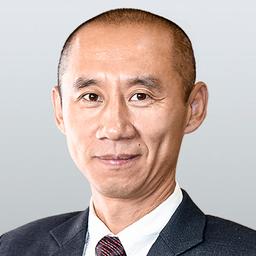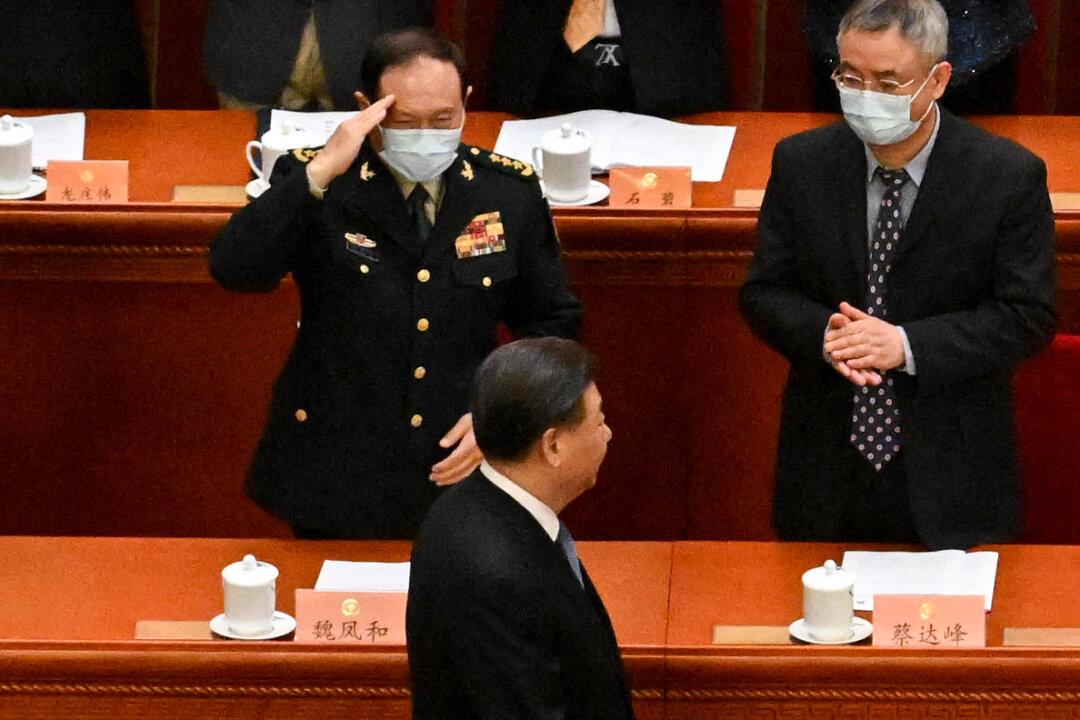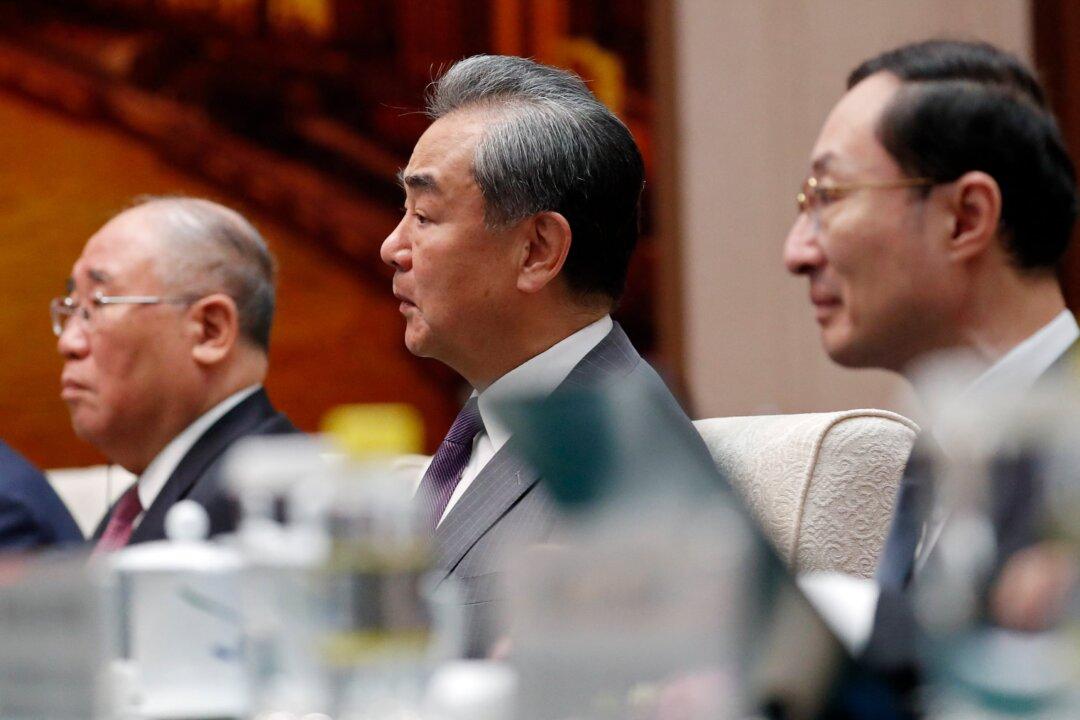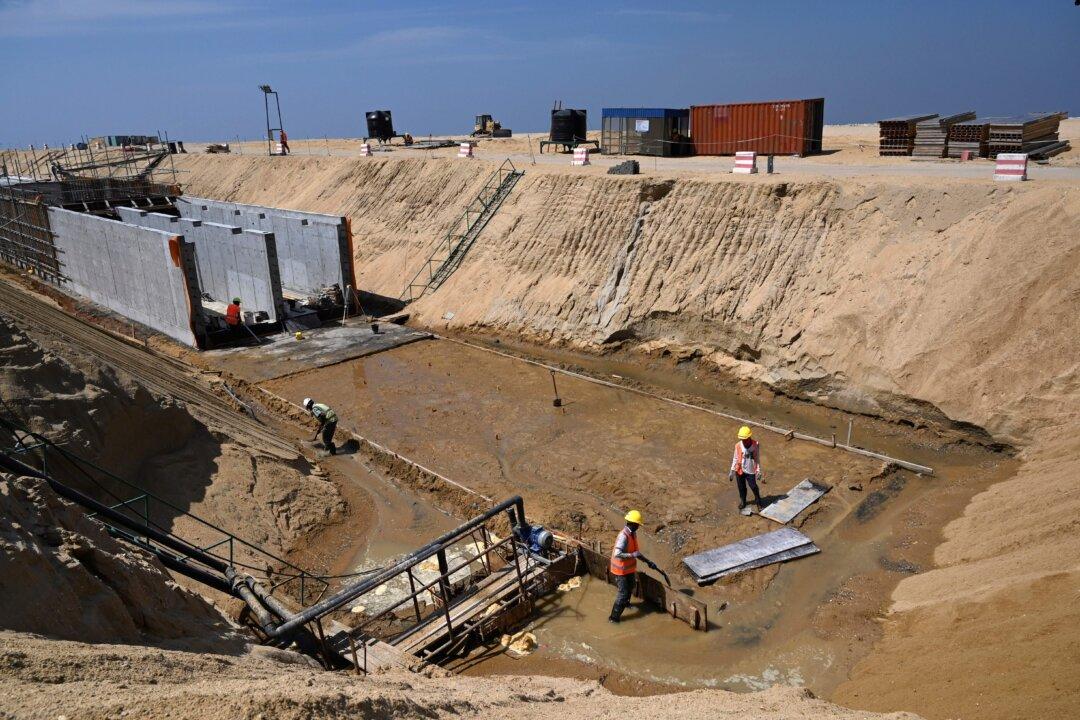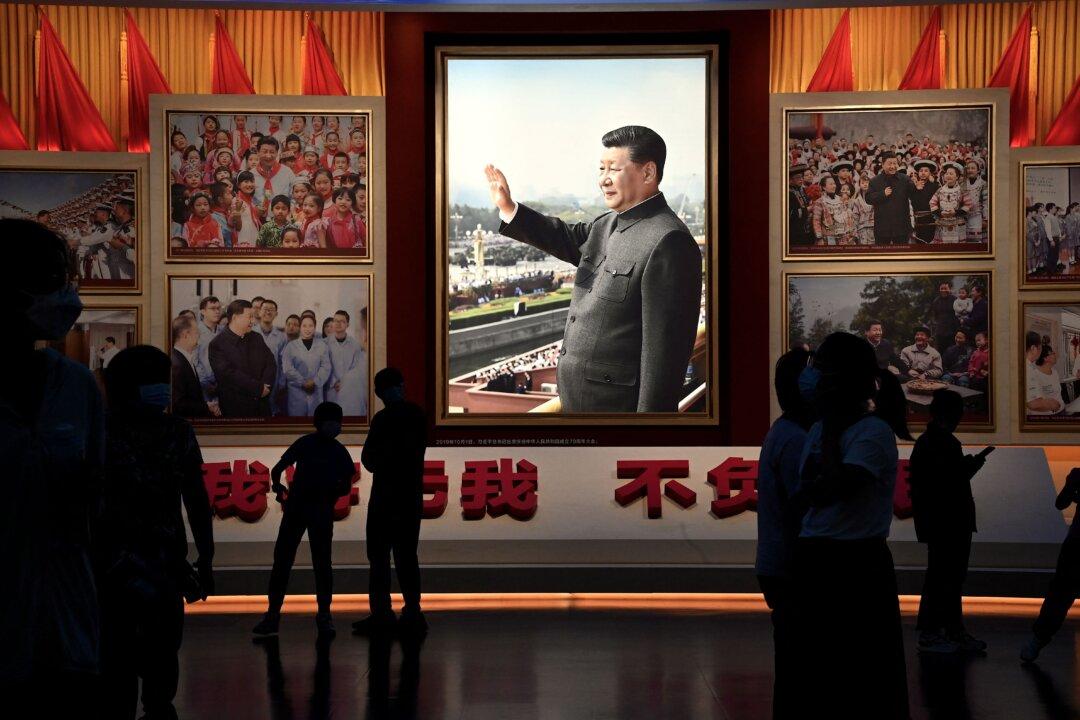Heading into 2023, Chinese leader Xi Jinping is grappling with a pressing ruling crisis from the out-of-control COVID-19 outbreak, while the recent collective deaths of officials and elites have triggered more dissatisfaction with his policies among the Chinese Communist Party’s (CCP’s) higher echelons.
In early December 2022, without sufficient medical preparation and advanced warning, Xi’s regime suddenly lifted its extreme epidemic restrictions, terminating a three-year-long “zero-COVID” policy. This severe reversal caused an explosive outbreak with a skyrocketing death toll.
Among those deaths, there are many elderly politicians, officials, and top scholars and scientists in various fields who were firm defenders of the CCP and its ruling base; for example, in the first month of reopening, two of the most prestigious universities in China—Peking University and Tsinghua University—issued about 200 obituaries of their faculty members and professors.
“This gives Xi’s political opponents the excuses to hold him accountable,” U.S.-based China expert Shi Shan told The Epoch Times on Feb. 4.
Organ Transplants
Notably, there’s a growing body of evidence showing that most of the recently deceased officials and elites had received organ transplants during their lifetime—some, even multiple transplants. Most of them had been enjoying lifelong medical privileges.A typical case was Gao Zhanxiang, a former vice chairman of the Federation of Literature, who was diagnosed with COVID-19 before his death on Dec. 9, 2022.
The vice-ministerial official had claimed that almost none of the “parts” in his body were his own, meaning that many of his organs were transplanted.
Another case is military writer Xiao Yun, who was infected with COVID-19 in mid-December 2022 and died at the age of 48 at the end of January. Xiao had undergone a kidney transplant before contracting COVID-19, according to a Jan. 30 report from Chinese news outlet NetEase.
Xiao was the author of many books propagandizing the CCP.
On the day Xiao contracted COVID-19, he posted on his Weibo of 1.5 million followers, expressing his gratitude to the regime as it had “protected [him] for three years.”
A medical study published on June 2, 2022, in the National Library of Medicine found that organ transplant patients require long-term immunosuppressive agents to suppress organ rejection, but it also greatly reduces the body’s immunity to viruses, bacteria, and other pathogens.
“One of the causes for the CCP’s insistence on the zero-COVID policy at any cost is to protect these organ-transplant recipients,” Dr. Xiaoxu Lin, a U.S.-based virologist, said on Elite Forum, a program on The Epoch Times’ sister media outlet NTD.
The CCP has long been exposed as organizing organ harvesting crimes at the state level, with the primary victims being prisoners of conscience, such as Falun Gong practitioners, and ethnic minorities, such as the Uyghurs.
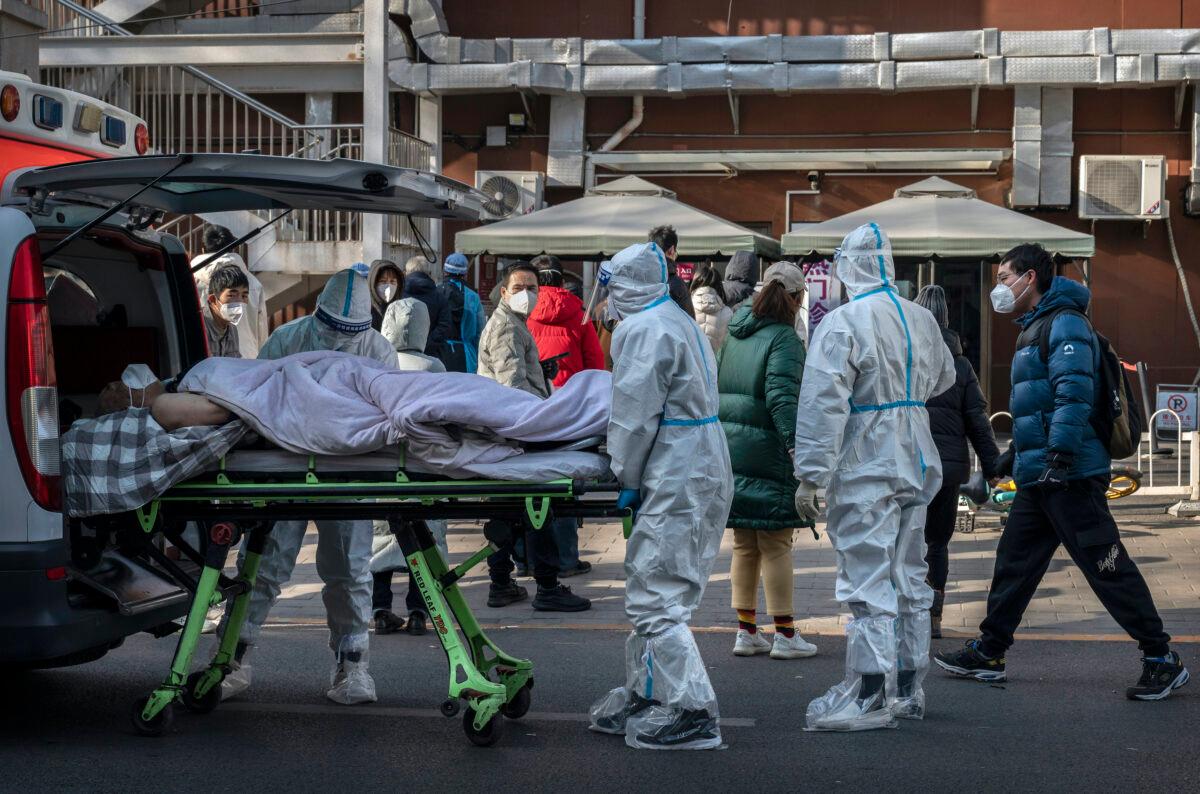
Death Toll Cover-up
Based on official disclosures of the number of cremators in the country, the number of deaths in previous years, and the current workload of visible crematoriums, the Chinese language edition of The Epoch Times estimated on Jan. 19 that the epidemic killed at least 25 million people in the first month of the CCP’s sudden relaxation of COVID-19 restrictions.“China’s citizens face what could become their country’s largest mass-death event since the Great Leap Forward,” Ben Lowsen, a specialist in Chinese political and security affairs and adviser to the U.S. Air Force, said in Jan. 5 article published in The Diplomat.
The Great Leap Forward, a political movement directly initiated by Chinese leader Mao Zedong that claimed to “catch up with Britain and the United States and run into a communist society” from 1958 to 1961, led to the deaths of more than 20 million people in a famine.
Economy Near Collapse
Over the past three years, the CCP’s harsh zero-COVID approach has dealt a heavy blow to China’s economy and shaken the foundations of the CCP’s rule.The economic recession hasn’t happened in the past 30 years or so, “it’s a matter about the end of Chinese Communist reign,” Shi said, metaphorically saying that the economy under the CCP’s authoritarian system is like an airplane, “once it loses speed, it will collapse.”
In 2022, China’s economic growth rate slid to 3 percent, far below its target of 5.5 percent growth, as reported by official figures. But with the CCP’s consistent falsification of data, the situation could be worse, Shi said.
In addition, local governments’ financial burdens have been exacerbated by the protracted lockdown and all-staff nucleic acid testing. But the central government won’t provide any bailouts for local debts, Chinese Minister of Finance Liu Kun told Chinese media in early January.
Infighting Crisis
Xi’s anti-corruption campaign geared toward Party dissenters, coupled with his highly concentrated power after the 20th Party Congress, has put him at loggerheads with the CCP bureaucracy.In a Jan. 29 Elite Forum, commentator Qin Peng said Xi has lost authority within the Party after his failures on epidemic prevention and economic and diplomatic issues, which is very dangerous for a CCP dictator.
“But on the other hand, Xi is not willing to lose [authority], so this internal struggle will intensify,” Qin said, calling it a death struggle.
Some signs showed that Xi is proactively striving to launch a new purge in the Party. At a meeting of the Central Commission for Discipline Inspection (CCDI) on Jan. 9, Xi said the new CCDI should “push forward the strict governance of the Party at all times.” The same idea was emphasized in a Jan. 31 article in the CCP magazine Qiushi, which stated that this governance matters to the stability of the CCP’s rule and the fate of its regime.
Li Xi, secretary of the CCDI, said at a Feb. 3 meeting, “We must deeply understand Xi’s political position.” Li is a representative of the Xi faction’s Shaanxi Province circle. Since Xi came to power in 2012, the CCDI has become an important tool for him to purge the Party of his political enemies.
Shi said Xi has been experiencing a plight of domestic affairs and diplomacy, and his political enemies will spare no effort to attack him in his vulnerable moments.
“This is like ‘taking your life while you’re sick,’ and the internal struggle will escalate, and his political opponents will not let him go,” Shi said.
“Xi has no way back into the internal struggle of the Party—if he retreats one step, he will die without a burial.”
TV producer Li Jun said in the Elite Forum broadcast on Jan. 28 that “Xi will definitely be held accountable within the CCP, and his political opponents will find solid evidence to force him out of office.”

